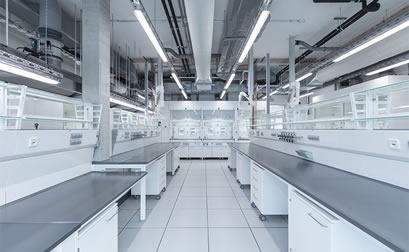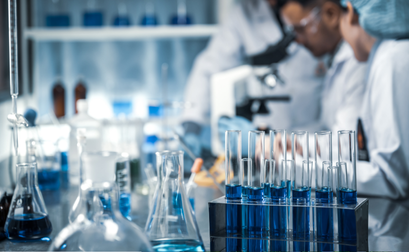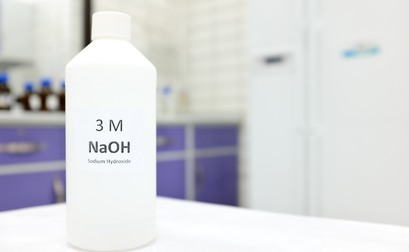Since laboratories often involve working with hazardous chemicals and biological materials, safety is of critical importance. Safety protocols, such as the use of personal protective equipment (PPE) and waste management, must be strictly followed.
Ethical guidelines must be adhered to, considering the impact of scientific research on human health and the environment. Ethical approval is mandatory for experiments involving human subjects.
Top 10 Popular Laboratories Worldwide
CERN (European Organization for Nuclear Research)
Renowned for its particle physics research, CERN has made significant discoveries, such as the Higgs boson, contributing to our understanding of the fundamental building blocks of the universe.
NASA Ames Research Center
This center, a pioneer in space research, studies how biotechnology and advanced materials behave in space.
Los Alamos National Laboratory
Known for its research on nuclear energy and security, Los Alamos has helped us understand the nature of nuclear reactions.
5.4 Lawrence Berkeley National Laboratory
Leading the way in energy and materials science research, this lab has made breakthroughs in clean energy and nanotechnology.
Pfizer Biotechnology Laboratories
Pfizer has made significant strides in biotechnology with its laboratories that developed the COVID-19 vaccine.
IBM Thomas J. Watson Research Center
This center, where advanced technologies like quantum computing and artificial intelligence are developed, has revolutionized the field of information technology.
Bell Laboratories
Pioneering innovations in electronics and telecommunications, Bell Labs has shaped modern technology with inventions like the transistor.
Genentech Biotechnology Laboratories
Genentech laboratories, revolutionary in the field of biotechnology, are known for their work in genetic engineering and biotechnology research. Their pioneering efforts in recombinant DNA technologies and biological drug production have played a crucial role in the advancement of modern medicine.
Google X
Google X is a laboratory that leads revolutionary projects in the technology world, such as artificial intelligence, autonomous vehicles, and Google Glass. This lab is at the forefront of innovative projects in the tech industry, guiding developments in AI algorithms and data analysis.
Tesla Materials Science Laboratories
Tesla conducts research based on materials science to develop sustainable energy solutions. The company's high-capacity batteries and energy-efficient vehicles result from research conducted in these laboratories.
Laboratory Technologies and Innovations
Automation and Robotic Systems
Modern laboratories are equipped with robotic systems and automated devices. These technologies enhance the accuracy of experiments, reduce error margins, and accelerate processes.
Artificial Intelligence and Data Analytics
Artificial intelligence has become a crucial tool in large-scale data analysis and the evaluation of scientific data. These technologies have significantly accelerated processes, especially in drug development and biotechnology.
Virtual Laboratories
Virtual laboratories allow experiments to be conducted through simulations without the need for a physical laboratory environment. This technology, frequently used in education and research processes, saves time and costs.
Related Topics



